High blood pressure in hypertension is an indicator of continuous chronic hypertension to be treated.Even high blood pressure poses a risk of complications.
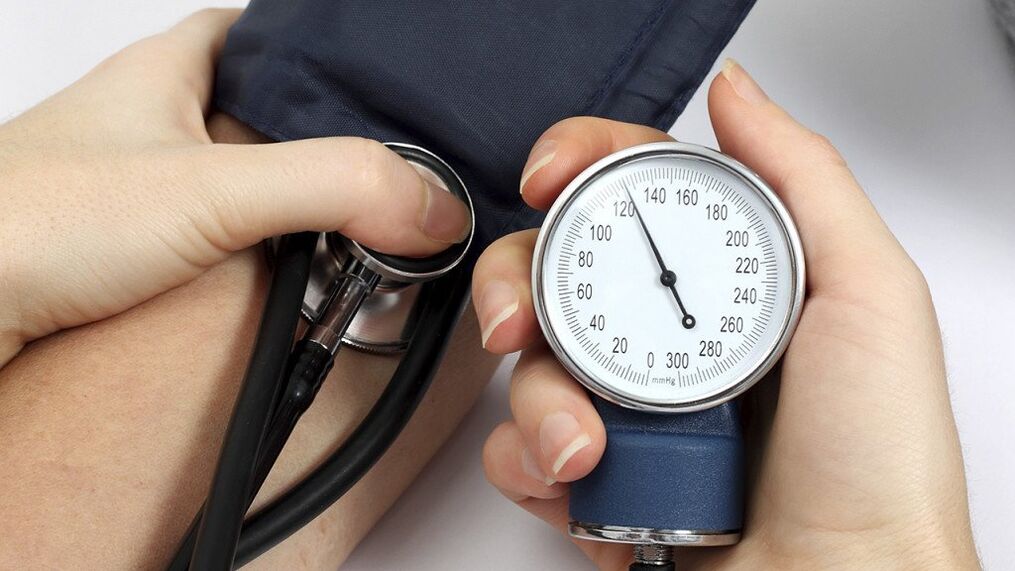
The blood pressure level indicates the force by which blood suppresses to their walls while moving through the vessels.Blood pressure monitoring readings can fluctuate up or down throughout the day.This is considered the norm.But if the blood pressure level is constantly high, we are talking about a disease called hypertension.
Hypertension, or arterial hypertension, causes serious complications.
The so -called target organs are adversely affected: heart, kidneys, brains, blood vessels, retina.Very often, the consequences of high blood pressure are heart attacks and heart attacks.
High blood pressure
High blood pressure in hypertension is dangerous and depends on the margin of error.Normal systolic blood pressure varies from 120 to 129 mmHg, and diastolic blood pressure varies from 80 to 84 mmHg.
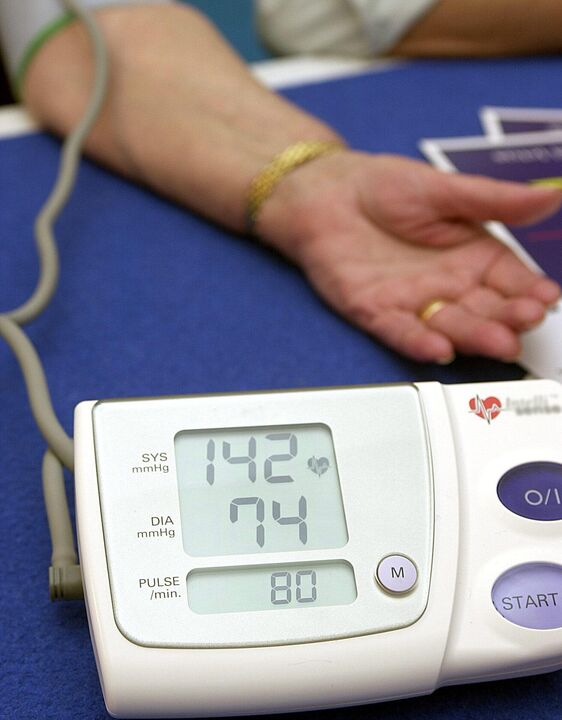
Diagnosis of "1 degree hypertension" is made if blood pressure readings remain at a level from 140/90 to 160/100 mmHg.It is a mild degree of disease, in which constantly elevated blood pressure is not associated with damage to the internal organs.
In the initial stage of hypertension, blood pressure increases periodically.Continuous stress can provoke frequent and prolonged rise.With a smooth neuropsychic state, its growth periods are short -term and rare.
High persistent blood pressure in hypertension pose a major threat to the development of a hypertensive crisis.Only just a matter of time!
The success of treating arterial hypertension depends directly on compliance with treatment measures and regimen.Strict adherence to the doctor's recommendations will speed up the reduction of tonometer readings to normal levels.The effect can last for a very long time.
You should check your blood pressure if you have the following symptoms:
- headache in the back of the head (often shaken);
- dizziness;
- sleep disorders;
- visual effect of "flies";
- Heart pain.
The risk of hypertension lies in the fact that its initial phase is often asymptomatic.
A person may not even understand he has high blood pressure.The body quickly adapts to new indicators and the patient feels quite normal.Meanwhile, the pathological process spreads and affects the internal organs.
Catastrophic changes in blood vessels can cause kidney failure, heart attack, stroke, which come as a complete surprise for the patient.

Changes in lifestyle can have a positive effect on the blood pressure level.
To do this, the patient needs:
- provide soothing sleep;
- avoid stressful situations;
- practical exercises to relax the body;
- Follow a diet;
- Increases physical activity.
If these measures do not help cope with high blood pressure, the patient is prescribed medication.Your doctor will tell you which medicine is best for normalizing blood pressure after examination.
High blood pressure
High blood pressure due to hypertension should be treated immediately!The 2nd rate of (moderate) hypertension is characterized by its growth to a level from 160/100 to 180/110 mmHg.To restore its indicators to normal at this stage of the disease, the use of medicines is required.When examining patients diagnosed with phase 2 hypertension, an expansion of the left ventricle is often detected.
Severe hypertension is diagnosed in cases with a continuous increase in blood pressure above 180/110 mmHg.Such high rates are usually associated with serious complications such as strokes, heart attacks and kidney dysfunction.
High blood pressure due to hypertension is the most common cause of death and disability.
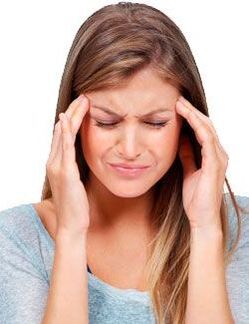
Symptoms of very high blood pressure and severe hypertension include:
- cardiac arrhythmia;
- noses of the nose;
- pain in the heart area;
- headache;
- Walking concern and coordination of movements;
- severe visual impairment;
- muscle weakness;
- paralysis (as a result of damaged cerebral circulation);
- coughing blood;
- Inability to self-service;
- speech disorder;
- cloud of consciousness.
To treat severe hypertension, powerful medicines or doses of ordinary medicines have been prescribed.Patients with chronic pathology take pills for the rest of their lives.
Preventing hypertension
If you have not yet been diagnosed with hypertension, lowering your blood pressure to normal levels should be a daily purpose.
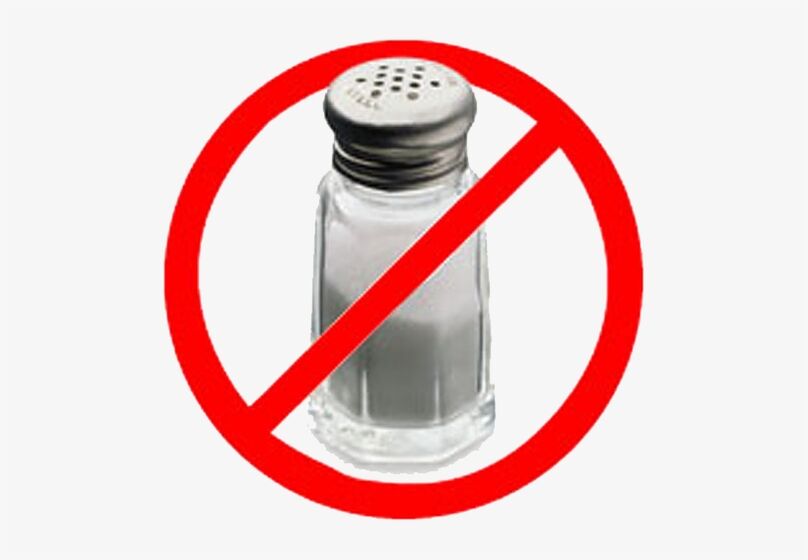
To maintain normal levels, you need to follow some simple rules:
- maintain normal body weight;
- eat less salt;
- maintain a moderate physical activity regime;
- Stop smoking and reduce the consumption of alcoholic beverages;
- Consume potassium -containing foods (average daily demand is 3500 mg of potassium per adult);
- Include fresh fruits and vegetables and low -fat dairy products in your daily diet.
Proper food
In case of arterial hypertension, it is necessary to follow the basic principles of food:
- The daily diet should be balanced in the content of proteins, fats and carbohydrates.Daily introduction for an adult: protein - 100 g, fats - 100 g, carbohydrate - 400 g.
- It is necessary to reduce the consumption of light carbohydrates (quickly transformed into glucose).
- Lower the amount of salt you consume.
- Enrich your daily menu with foods rich in vitamins, potassium, magnesium and other useful microelements.
- Replace animal fats with vegetable oils.
- Include seafood rich in iodine and fatty acids in your diet.
- Create the correct diet: the number of meals per day is 5, the last meal is 2 hours before bedtime.
- Prioritize boiled or steamed dishes.
- Daily fluid intake should not exceed 1.5 liters (including liquid dishes and tea).
If there are no chronic abnormalities or vascular disease, then such simple measures should be sufficient to normalize blood pressure.
For phase 1 hypertension, it is necessary to limit the consumption of certain foods.For grades 2 and 3 - completely exclude.
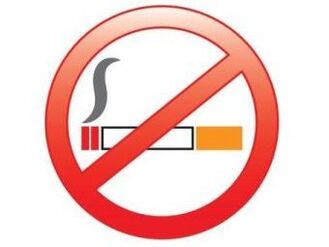
Hypertensive patients are not strictly recommended to include in their diet:
- rich soup of fish and meat;
- fatty pork and lamb;
- strong coffee and tea;
- calf fat, layers;
- hot spices;
- baked goods, cakes, pastries;
- salty vegetables and pickles, radishes;
- mayonnaise, fatty sauces;
- chocolate, cocoa;
- sweet soda;
- Alcohol and tobacco.
Products that reduce blood pressure
For hypertensive patients, the greatest benefit will come from products containing antioxidants and capable of disrupting fats, thinning the blood and preventing the formation of blood clots.
| The contents of nutrients in products | Product sampling list |
|---|---|
| Folic acid | Tomatoes, spinach, citrus, peas, beans |
| Lactic acid | Sauerkraut, low -fat fermented dairy products |
| Vitamins C | Rose hips, garlic, currant, lemon |
| Fiber | Potatoes, cereals, vegetables, herbs, berries and fruits |
| Phosphorus, magnesium, potassium | Nuts, seafood, seeds |
The list of products can be expanded by adhering to the basic principles of creating a menu for hypertensive patients.
Blood pressure changes throughout the day.Especially sharp fluctuations are observed in hypertensive patients.In the morning it is low, then rises after eating and decreases again.In the evening, blood pressure is significantly higher than the morning level.And at night during sleep, in patients with arterial hypertension, it can fall significantly.These increases are more severe than in healthy people.
Normalizing blood pressure in hypertension can save a person's life and protect it from heart attack or stroke.























